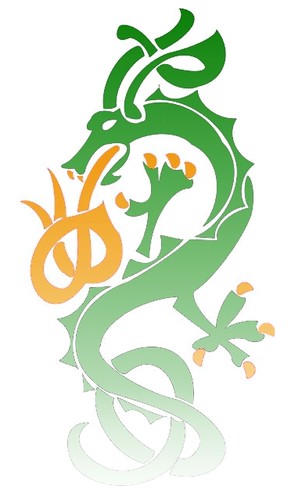sim... existem pássaros sem asas...
com os senhores e senhoras... o Kiwibird! (não confundir com kiwifruit, que é a fruta, ou com kiwipeople, que são os neozelandezes...)
(segundo o site http://www-cs-students.stanford.edu/~rsf/kiwi.html)
The "kiwi" (shown above) is a flightless bird native to New Zealand. (New Zealanders also like to call themselves "Kiwis".)
The kiwi (bird) is unusual in at least two respects. First, it is the only bird in the world that has its nostrels at the end of its beak. Second, the female kiwi has the largest egg, in proportion to its body size, of any bird in the world (except possibly for the hummingbird). Kiwis are about the same size as chickens, but their eggs are almost as big as those of ostriches!
The difference between "kiwi" and "kiwifruit"
The "kiwi" is not to be confused with "kiwifruit" - the brown furry fruit with the green flesh. Kiwifruit come originally from China, and in fact were originally called "Chinese gooseberries". (This is how I knew them when I was growing up in New Zealand.) Sometime in the 1960s, kiwifruit farmers in New Zealand decided to market the fruit overseas, but decided to give them another name, to avoid confusion. (Remember also that mainland China was very much out of favour with the West at that time.) To help identify the fruit with New Zealand, the name "kiwifruit" was chosen.
Some people refer to kiwifruit as "kiwis", but this is incorrect. (New Zealanders also find this very irritating!) A "kiwi" is a bird (or a human New Zealander); the fruit should always be called "kiwifruit" (or "Chinese gooseberries").
Kiwi procês! :D
Daniel Duende é escritor, brasiliense, e tradutor (talvez nesta ordem). Sofre de um grave vício em video-games do qual nunca quis se tratar, mas nas horas vagas de sobriedade tenta descobrir o que é ser um blogueiro. Outras de suas paixões são os jogos de interpretação e sua desorganizada coleção de quadrinhos. Vez por outra tira também umas fotografias, mas nunca gosta muito do resultado.
Duende é atualmente o Coordenador do Global Voices em Português, site responsável pela tradução do conteúdo do observatório blogosférico Global Voices Online, e vez por outra colabora com o Overmundo. Mantém atualmente dois blogues, o Novo Alriada Express e O Caderno do Cluracão, e alterna-se em gostar ora mais de um, ora mais de outro, mas ambos são filhos queridos. Tem também uma conta no flickr, um fotolog e uma gata branca que acredita que ele também seja um gato.
Duende é atualmente o Coordenador do Global Voices em Português, site responsável pela tradução do conteúdo do observatório blogosférico Global Voices Online, e vez por outra colabora com o Overmundo. Mantém atualmente dois blogues, o Novo Alriada Express e O Caderno do Cluracão, e alterna-se em gostar ora mais de um, ora mais de outro, mas ambos são filhos queridos. Tem também uma conta no flickr, um fotolog e uma gata branca que acredita que ele também seja um gato.
segunda-feira, 1 de maio de 2006
Assinar:
Postar comentários (Atom)




Nenhum comentário:
Postar um comentário